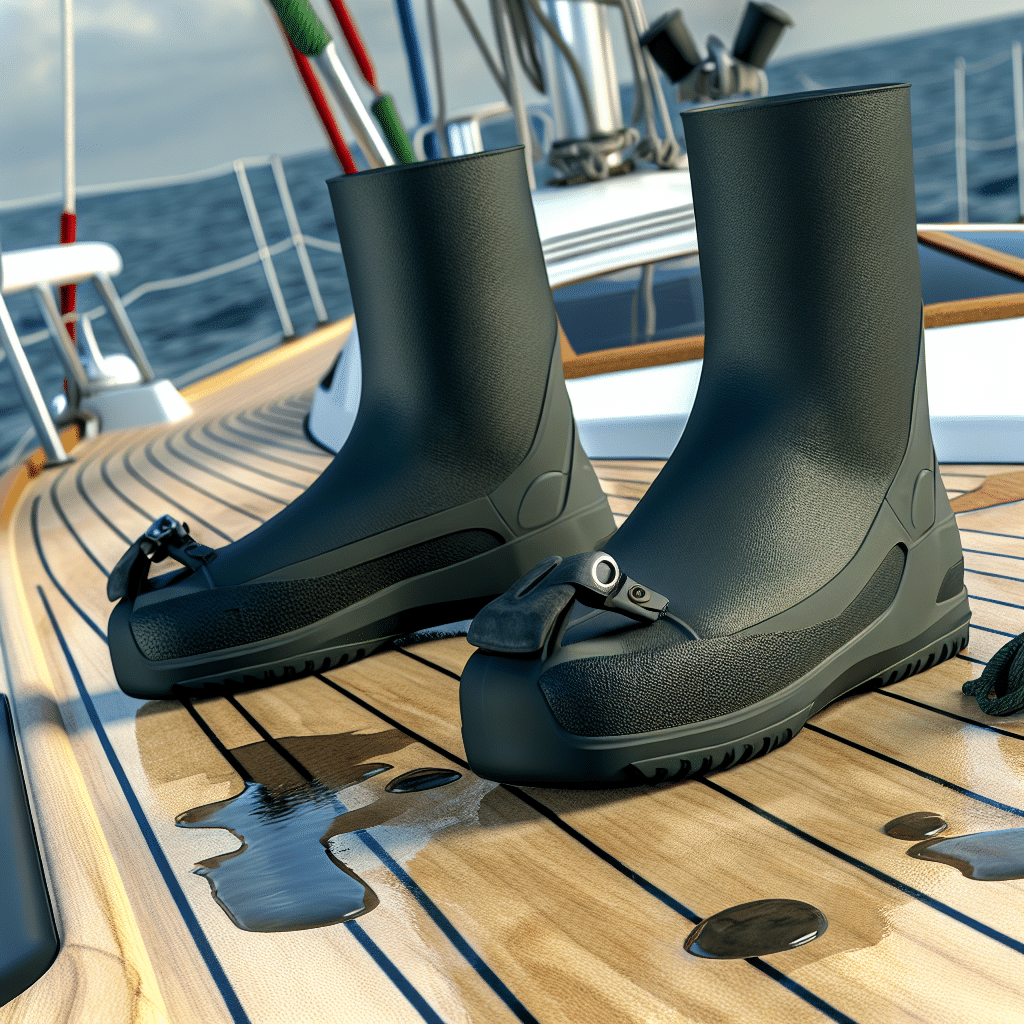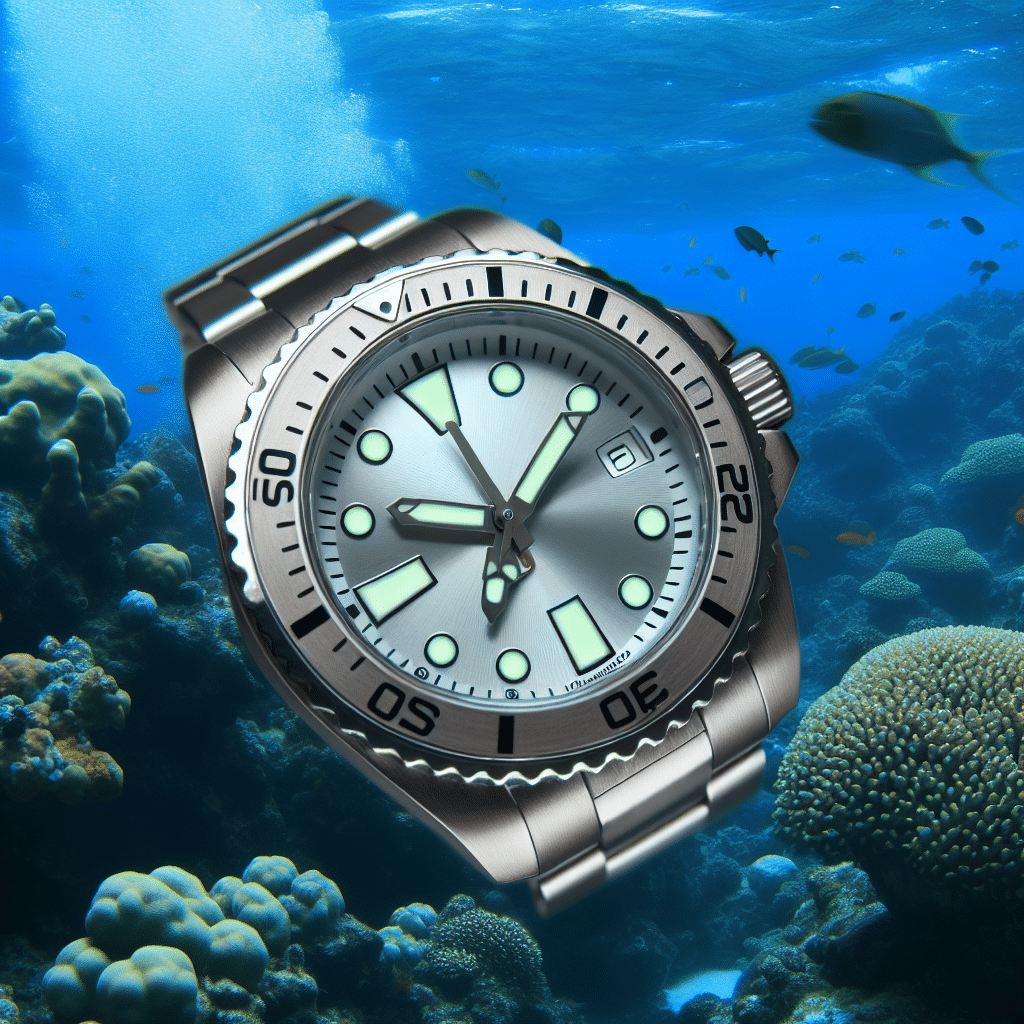Jet skiing is an exhilarating water sport that combines speed, agility, and the thrill of the open waves. However, like many high-adrenaline activities, it can sometimes come with its share of physical discomfort. Among the common complaints, many enthusiasts find themselves saying, “My neck hurts from jet skiing!” In this article, we’ll delve into why this happens and how you can find relief.
Why Does My Neck Hurt from Jet Skiing?
When you’re jet skiing, your body is actively engaged in maintaining balance, maneuvering turns, and absorbing the impact of waves. These activities put a unique strain on your muscles, including those in your neck. But what exactly causes this specific discomfort?
1. Sudden Movements and Whiplash
One of the primary reasons for neck pain after jet skiing is the sudden movements and jolts that occur. The rapid accelerations, decelerations, and sharp turns can cause a whiplash effect, straining the muscles and ligaments in your neck.
2. Prolonged Tension and Poor Posture
When riding a jet ski for extended periods, it’s common to hold a tense posture. This stiffness, combined with the natural position of leaning forward, can lead to muscle fatigue and discomfort in the neck area.
3. Impact of Waves
Navigating through choppy waters means your body is constantly adjusting to maintain balance. Each wave you hit sends vibrations and shocks up through the body, impacting the neck as it tries to stabilize your head.
How Can You Prevent Neck Pain While Jet Skiing?
The thrill of jet skiing doesn’t have to come at the cost of neck pain. By taking some preventative measures, you can enjoy longer, pain-free rides.
1. Warm-Up Exercises
Before hitting the water, engage in a series of warm-up exercises. Stretching your neck, shoulders, and back can prepare your muscles for the physical exertion ahead, reducing the likelihood of strain.
2. Proper Riding Posture
Maintaining a good posture is crucial. Keep your back straight and your knees slightly bent. Ensure your grip on the handlebars is firm but relaxed, avoiding unnecessary tension in your shoulders and neck.
3. Regular Breaks
Take frequent breaks to relieve the strain on your muscles. Stretch your neck and shoulders during these pauses to keep them flexible and reduce fatigue.
What to Do If Your Neck Hurts from Jet Skiing
Even with the best precautions, you might still experience neck pain after a long day on the water. Here are some steps you can take to alleviate the discomfort.
1. Apply Ice and Heat
Ice can help reduce inflammation and numb the pain. Apply an ice pack wrapped in a cloth to your neck for 15-20 minutes. After the first day, you can switch to heat therapy with a warm towel or heating pad to relax the muscles.
2. Gentle Stretching and Massage
Gentle stretching exercises can help alleviate stiffness. Massaging the affected area can also increase blood circulation and promote healing. Consider professional massage therapy if the pain persists.
3. Over-the-Counter Pain Relief
Non-prescription pain relievers like ibuprofen or acetaminophen can help manage the discomfort. Always follow the dosage instructions and consult a healthcare provider if you have any underlying health conditions.
When to Seek Medical Attention
While most cases of neck pain from jet skiing are minor, there are instances where you should seek professional medical advice.
1. Severe Pain or Persistent Symptoms
If the pain is severe, persists for more than a few days, or is accompanied by other symptoms like numbness or tingling, it’s important to consult a healthcare provider.
2. Limited Range of Motion
Difficulty moving your neck or a significant reduction in your range of motion can indicate a more serious injury. A medical professional can provide a proper diagnosis and treatment plan.
Conclusion: Enjoying Jet Skiing Without the Pain
Jet skiing should be an enjoyable and invigorating experience, not one that leaves you in pain. By understanding why your neck hurts from jet skiing and implementing preventive measures, you can minimize discomfort and maximize fun. Remember, taking care of your body before, during, and after your rides is key to a sustainable and enjoyable jet skiing experience. So, the next time you hit the waves, do so with confidence and comfort!




